I am a professor in Thermal Engineering and a Programme Director of the Engineering Doctorate (EngD) in Energy & Process Technology. My research focuses on multidisciplinary and inter-sectoral investigations toward optimizing renewable energy use.
Expertise
Engineering
- Combustion
- Models
- Combustor
- Computational Fluid Dynamics
Chemistry
- Procedure
- Hydrothermal Carbonization
- Spraying Apparatus
Physics
- Model
Organisations
I am involved in the research on the intensification of thermal processes via development of energy efficient novel power systems, engines, reactors and processes. The main focus is placed on multicomponent and multiphase flows, liquid atomization, droplets evaporation and drying, combustion, supercritical fluids, heat transfer and fluid dynamics. Renewable processes and transition to the future technologies are of prime interest.
Publications
Jump to: 2025 | 2024 | 2023 | 2022 | 2021
2025
2024
2023
2022
2021
Research profiles
I am teaching in the bachelor and master phase of the Mechanical Engineering and in the master phase of the Sustainable Energy Technology
Affiliated study programs
Courses academic year 2026/2027
Courses in the current academic year are added at the moment they are finalised in the Osiris system. Therefore it is possible that the list is not yet complete for the whole academic year.
Courses academic year 2025/2026
- 191141500 - Thermal Engineering - Capita Selecta
- 195799152 - Internship
- 201300173 - CS1 EngD Energy and Process Technology
- 201300174 - CS2 EngD Energy and Process Technology
- 201300175 - CS3 EngD Energy and Process Technology
- 201300221 - CS4 EngD Energy and Process Technology
- 201300222 - CS5 EngD Energy and Process Technology
- 201300260 - Design Proj. EngD Energy & Process Tech
- 201300295 - Professional Development - EngD
- 201300298 - Literature Study - EngD
- 201300301 - CS EngD Energy and Process Technology
- 201600019 - Energy Conversion Technology
- 201600191 - Conference - EngD
- 201700027 - Master Graduation Assignment
- 201800102 - Basics for Process Simulation
- 201900215 - Master Graduation Assignment
- 202000111 - Proj. Analysis Energy Syst. &Ac.Skills 2
- 202000249 - Master Graduation Assignment
- 202000250 - Internship
Courses academic year 2024/2025
- 191141500 - Thermal Engineering - Capita Selecta
- 191199154 - Internship
- 195799152 - Internship
- 201300173 - CS1 EngD Energy and Process Technology
- 201300174 - CS2 EngD Energy and Process Technology
- 201300175 - CS3 EngD Energy and Process Technology
- 201300221 - CS4 EngD Energy and Process Technology
- 201300222 - CS5 EngD Energy and Process Technology
- 201300260 - Design Proj. EngD Energy & Process Tech
- 201300295 - Professional Development - EngD
- 201300298 - Literature Study - EngD
- 201300301 - CS EngD Energy and Process Technology
- 201600019 - Energy Conversion Technology
- 201600191 - Conference - EngD
- 201700027 - Master Graduation Assignment
- 201800102 - Basics for Process Simulation
- 202000111 - Proj. Analysis Energy Syst. &Ac.Skills 2
- 202000249 - Master Graduation Assignment
- 202000250 - Internship
I am involved in various national and international projects in the fields of: combustion, drying, atomization, evaporation, renewable fuels, pyrolysis oil, biogas production, fluid-structure interaction, etc.
Below projects from the last 5 years:
Current projects
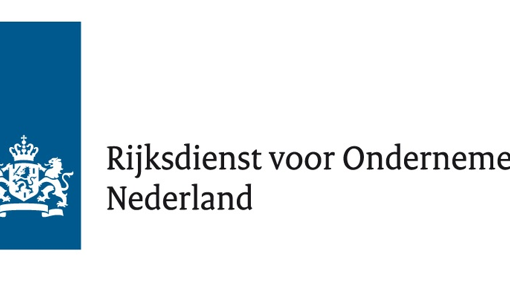
RADIAL MULTI-ZONE DRYER
Aim of the project is to translate the concept of a vortex chamber spray dryer into a well-engineered unit that is ready for further scale-up and demonstration, including validation of energy saving potential, proof of low investment costs and of improved product properties.

RECOWATDIG
Sustainable technology for the staged recovery of an agricultural water from high moisture fermentation products
Sustainable development goals demand highest possible sustainability of the human activities. RECOWATDIG addresses this by research and development, aimed at obtaining a technical design of an installation for the staged recovery of currently neglected, agricultural water from drying of high moisture solid fermentation products. A high synergy is obtained by integration of water recovery, drying, hydrothermal carbonization and water purification with optimized use of the electricity and water storage, making the proposed technology 'smart grid ready'
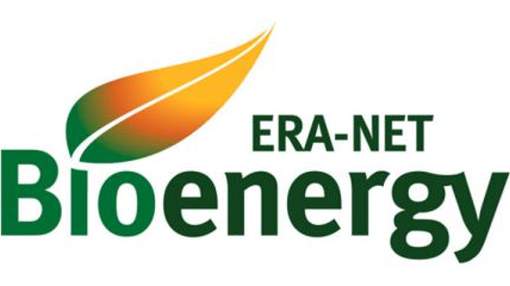
EnCat
Enhanced catalytic fast pyrolysis of biomass for maximum production of high quality biofuels
The Enhanced Catalytic Pyrolysis (EnCat) project presents and investigates a new concept for the production of high-quality bio-oil and a high yield. Because of a novel biomass pre-treatment step to be developed the concept is suitable for both woody biomass and biomass residues from agriculture, etc. The pretreated biomass will be pyrolysed in a reactor making use of deoxygenation catalysts. Simultaneously, CO2 will be captured with sorbents and via the water-gas-shift reaction in-situ hydrogen will be produced. After cleaning, the oil vapours will be mildly hydrogenated to produce a high-quality bio-oil. The high-quality oil will be used for combustion tests in both a diesel engine and a gas turbine for combined power and heat generation. Parallel to this, the bio-oil will be further upgraded by a new method of downstream hydrogenation under high pressure for production of high-grade transportation fuels.
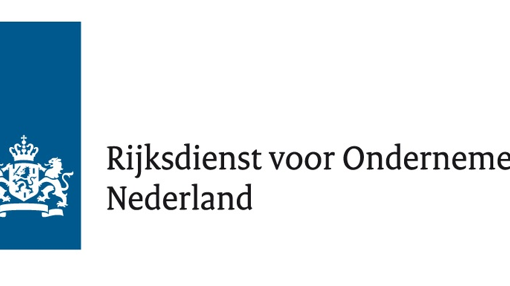
Green Biogas DMM
Delen Maakt Meer
Intensification of the biogas production from the anaerobic digestion process by optimizing turbulence and mixing levels between various organic compounds and bacteria inside a new design of the digester
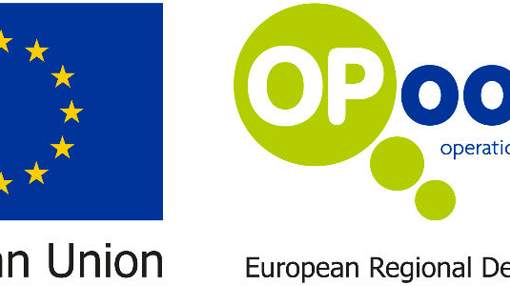
CrestCool
The smart way of cooling in meat industry
The research aims on the development and understanding of novel meat cooling techniques with application of electrostatic sprays.
Finished projects
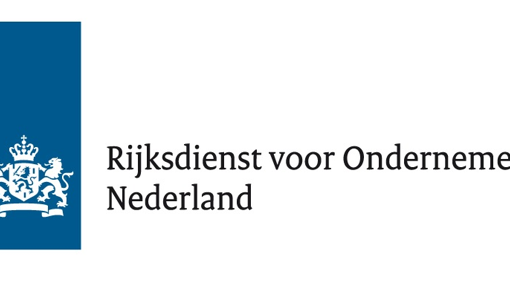
Vortex Chamber II
Vortex Chamber Spray Dryer
Aim of the project is to translate the concept of a vortex chamber spray dryer into a well-engineered unit that is ready for further scale-up and demonstration, including validation of energy saving potential, proof of low investment costs and of improved product properties
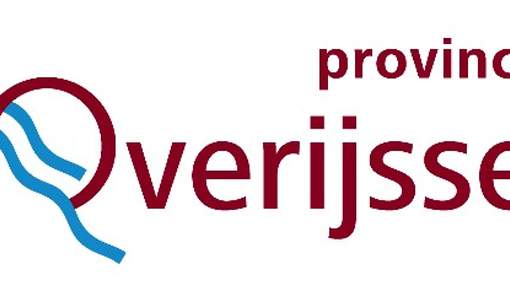
BE2O
Pyrolysis oil combustion in gas turbine
The challenge of the project was to develop a new generation of gas turbines that is capable to handle bio-oils generated via flash pyrolysis of biomass. New and advanced design tools and techniques were required to realize efficient and clean combustion of bio-oil. During the project a state-of-the-art atomization test rig to investigate fuel droplet size and distribution in the near-field was designed and constructed. Numerical models of pyrolysis oil combustion were developed and validated with experiments performed at OPRA Turbines
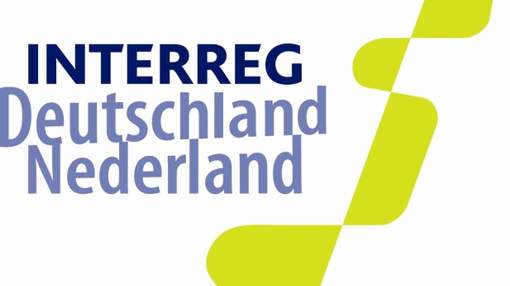
Groen Gas
The objective of the research was to develop a novel digestion installation for biogas production. The biogas yield depends substantially on the substrates composition, sludge loading rate and control over the organic matter break down. A good mixing between substrates (wet manure, organic material, biogas bubbles, solids and bacteria) must be achieved to increase the speed and level of biomass conversion process. This was investigated by application of the CFD numerical tools (Ansys-Fluent). The numerical study were focused on the sludge mixing process taking into account various operating conditions, different digester geometrical configurations, number and rotational speed of impellers. Optimized mixing performance and maximized biogas production were desired. The CFD computations were validated with literature data.

Vortex Chamber I
The challenge was to validate concept of novel spray drier. During the project experimental and numerical research were performed.

HiTAC
This project concerned the extension of the application of High Temperature Air Combustion (HiTAC) to heavy-oil combustion processes in a boiler. To generate the knowledge needed to be able to develop and design such a boiler, experimental and computational investigations were made of turbulent spray flames under HiTAC conditions.An experimental study of spray flames of light fuel oil burning in a co-flow of hot air diluted with combustion products provided detailed knowledge of the relations between atomization process, ignition, entrainment and burnout. A spray combustion model for the HiTAC regime was developed for heavy fuel combustion, including the prediction of emissions under HiTAC conditions (NOx, CO and soot). This provided a tool to assist in burner and boiler development. The spray model was embedded in the commercial CFD code ANSYS-Fluent and used in combination with appropriated models for turbulence, soot formation and radiative heat transfer. This tool was used to support the preparation of a HiTAC boiler field test. This field test were done at 9 MW scale by Stork Thermeq, using heavy oil characterized and delivered by Shell
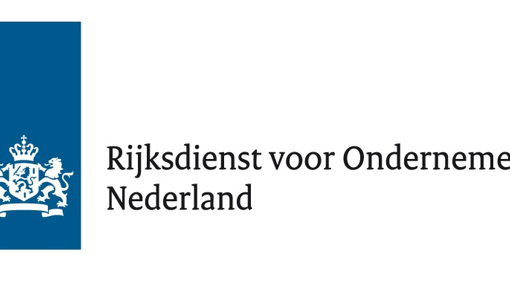
SCARLET PLUS
This project develops a zero neutral energy sewage treatment plant (STP) using Super Critical Aqueous Reforming (SCAR) of sewage sludge at 600°C and 300 bar including tail water, mineral and nutrient recycling.

NeMo
Numerical investigation of multicomponent fuel combustion
The challenge of this project is to use computer simulations for modeling multi-component, multi-phase and multi-scale fuel combustion and understand the processes and phenomena which droplets undergo in a reacting flow. To promote the application of renewable fuels in power and transportation sector, a pyrolysis oil is investigated.
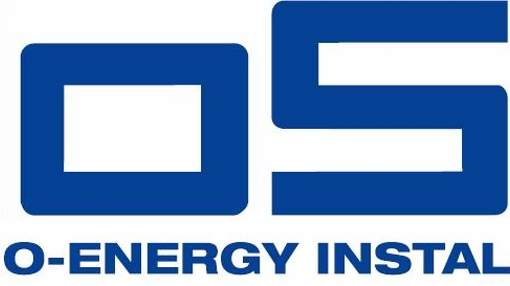
Biomass gasification
The goal of this project is production of the renewable electricity and heat by a development of an economically attractive gasification and combustion technology in a grate furnace that can utilize the full potential of the biomass waste stream. This technique should be able to realize low temperatures in the gasification zone by recirculation of flue gas under the grate and separation after combustion zone.
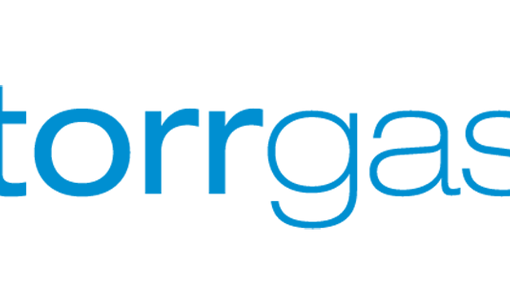
Optimized SNG
The main goal of this project was to design an optimum system for the production of synthetic natural gas from biomass. In addition, a preliminary design for the production of by-products such as char and power have been developed.
In the press
1) My interview for Gas to Power Journal titled: Thermo-acoustic instability modelling boost turbine lifetimes, April 14, 2014, you can find here:
2) Interview of my PhD student Joost Sallevelt titled: Liquid biofuels could power future gas turbines, May 27, 2014, in the same journal you can find here:
Address
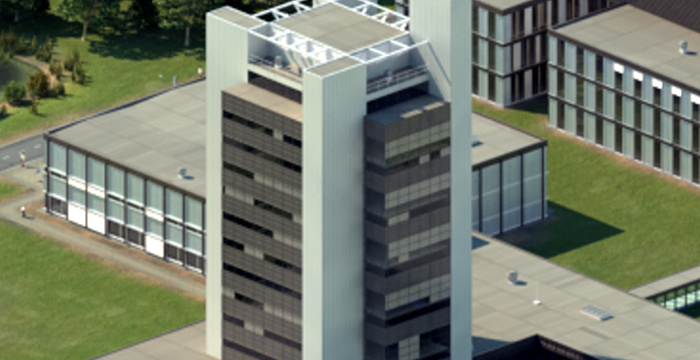
University of Twente
Horst Complex (building no. 20), room N232
De Horst 2
7522 LW Enschede
Netherlands
University of Twente
Horst Complex N232
P.O. Box 217
7500 AE Enschede
Netherlands